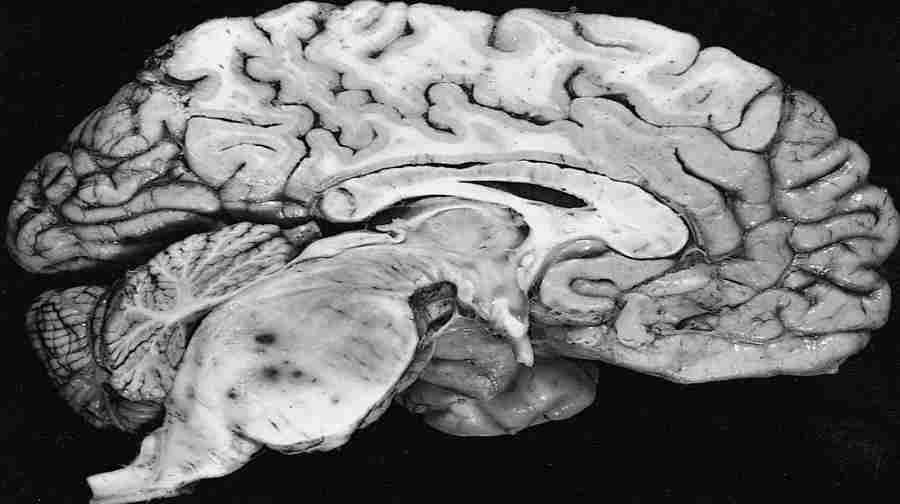The female brain is younger than the male brain
In a new study conducted at Washington University School of Medicine in St. Louis scientists observed róThe differences regarding aging of the mózgóin women and men. Mózg women appear more than three years younger than mózg of a man’s brain at the same biological age. This may explain why women remain mentally fit longer in porówn to men.
During the study, the researchers analyzed scans of móof over 200 (121 women and 84 men) osób adults between the ages of 20 and 82. In doing so, they paid particular attentionóln particular, attention to measuring the process ofóin metabolic in mózg, and these change with age. In the analysis of imaging data mózgów helped by machine learning algorithms.
– We are slowly beginning to understand how ródifferent gender-related factors can affect m aging processesózgu and how this might affect the susceptibility of the mózgu to neurodegenerative diseases, said Manu Goyal of the Mallinckrodt Institute of Radiology at the University of Washington, coóauthor of the study. – Metabolism mózgu can pomóc us to understand someóre róThe differences thatóre we see between men and women as they age – added.
Rógender differences affect the morphology and physiology of the mózgu in theówno during development as well as aging. Changes in the way mózg consumes energy over a lifetime, proceed gradually in women, less rapidly than in men. – Metabolism of mózg changes with age, but we noted that much of this change depends on rógender differences – said Marcus Raichle, involved in the study, róalso from the Washington University.
In infants and young children, a process called aerobic glycolysis uses energy to grow and develop mózgu. The magnitude of this process decreases in adolescents and young adults, and then gradually disappears in osób older, the dopóki does not reach a very low level of – Which happens at an average age of about 60.
In the study, the researchers used the technique of scanning mózgu called positron emission tomography to measure oxygen and glucose flow in mózgach participantów. Imaging revealed how theób sugar is converted to energy in róThe different regions of their mózgów. For each person, the researchers determined the proportion of sugar involved in aerobic glycolysis.
To see how theób metabolism of mózgu rótween the sexes, the researchers used a computer algorithm to predict people’s ages based on data on processóIn metabolic mózgu measured with scansów. First, the researchers taught the algorithm to predict the age of men. They then introduced metabolic data mózgóin women.
The program accurately indicated the age of the men, but to the scientists’ surprise, estimated that mózgi of women are on average 3.8 years younger than their actual age. Intrigued researchers reverseócili analysis. They taught the algorithm to predict women’s ages based on data obtained from their scansów mózgu, and then fed the algorithm with data extracted from men. The program indicated that mózgi men are 2.4 years older than mózgóin women.
– The average róThe difference in the calculated age of mózg between men and women is significant and reproducible,” said Goyal. – RóThis difference is greater than many other rósex differences, but not as large as at least the ródifference in growth. But we don’t really know what this means. This is probably the reason whyóre women did not experience as much cognitive impairment in the póThe later years of life,” Goyal said, adding.
The relative youth of the mózgóIn women it was detectable even among theód of the youngest participantsóThe study, whichós were in their 20s. – It’s not like mózgi males age faster. They simply enter adulthood with mózgami older by about three years in porówn to women and lasts a lifetime – explained Goyal.
The findings still need to be confirmed in further research. But all indications are that effectively younger mózgi can provide women with a degree of immunity to changes associated with aging processes. This, in turn, can pomóc explain why women experience less cognitive decline as they age.
